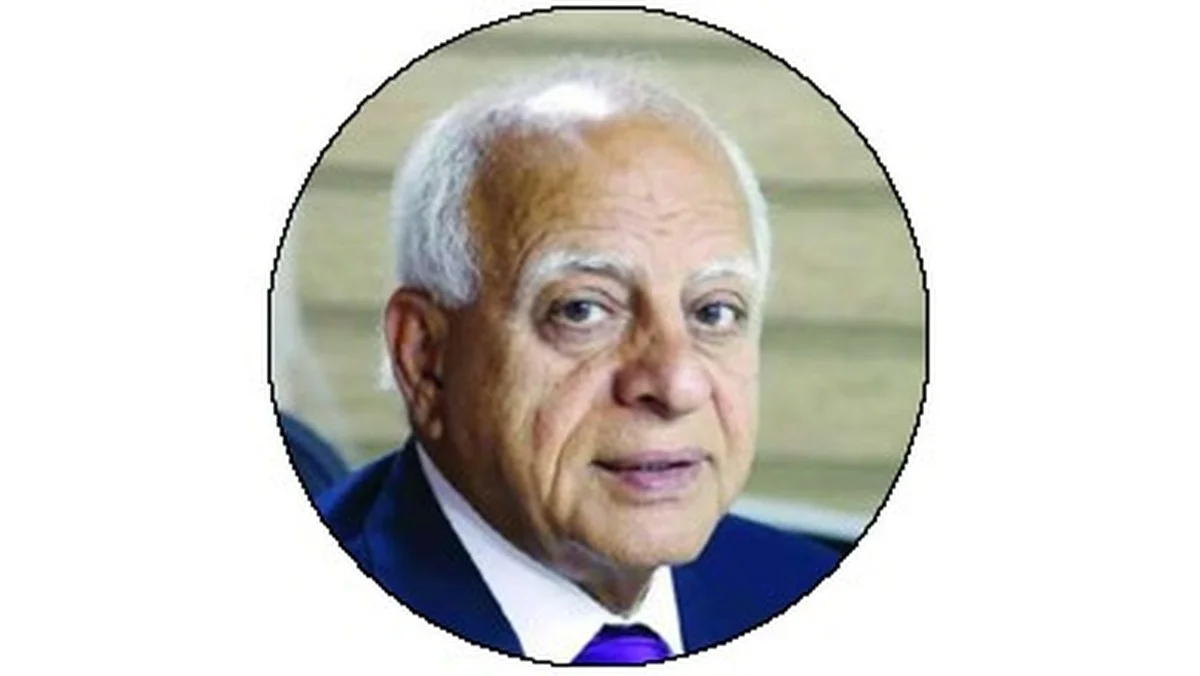15/12/2024
15/12/2024
After their defeat in World War II, Germany and Japan were subjected to strict conditions and restrictions imposed by the Allied powers as part of their surrender agreements.
These restrictions included heavy control over both countries, particularly prohibiting them from engaging in offensive military actions, a provision enshrined in their constitutions.
In Japan's case, following its surrender and occupation, the United States appointed General Douglas MacArthur as the supreme authority.
He oversaw the dismantling of Japan's military industries and introduced a new constitution that explicitly forbade Japan from participating in any future wars. Additionally, MacArthur reformed the country's education system and revoked the Japanese Emperor’s political powers.
While these measures effectively stripped both countries of their ability to protect themselves militarily, the Western powers, particularly the United States, pledged to guarantee their security.
This protection, coupled with the lack of military obligations, allowed Japan and Germany to redirect their efforts and vast financial resources into rebuilding their economies and improving the standard of living for their citizens. They focused heavily on developing education, healthcare, industries, and research.
Within three decades, this strategic shift transformed both nations, enabling them to emerge as some of the most powerful economies in the world, second only to the United States.
What if two of our countries were in the same situation as Germany and Japan after World War II, particularly when looking at the current situation with Syria? The question might seem simple, but the answer is far more complex.
Had our countries been in the place of Germany and Japan, we would have struggled to harness the financial savings required to rebuild and strengthen our economies.
We would likely not have directed these resources toward research and development, nor would we have prioritized the improvement of our education systems or the encouragement of industrial growth. Instead, our nations, especially the larger ones, would have remained stagnant, as these are not considered pressing priorities for many of our governments.
Our societies have long been shaped by a belief in destiny -- a belief that life on earth is transient and the afterlife is eternal. This view, passed down through generations, encourages the accumulation of spiritual rewards rather than material or intellectual progress.
While this belief offers comfort, it also hinders growth. It provides individuals with solace and resilience in the face of personal or family tragedies, as the mindset becomes one of acceptance: "It is fate, and we must endure."
However, in contrast, societies that do not hold this fatalistic view actively seek to understand and prevent disasters, taking practical steps to secure a better future. They believe that this world is not just a temporary stage, but a place to prepare for eternity, which motivates them to develop their abilities and address challenges head-on.
This difference in mindset is why Western societies often examine the causes of their problems and seek ways to avoid them. They are driven by a belief that the world is not a mere passing phase but a realm for making lasting progress. Meanwhile, our focus on faith and acceptance of fate may leave us less prepared for the challenges we face.
While this deep faith can provide comfort and inner peace, the result of relying too heavily on fate without addressing our own shortcomings can be disastrous. History has shown us countless examples where failure to prepare -- militarily, economically, or intellectually -- has led to weakness.
This vulnerability has made us susceptible to external forces that can dominate or even eliminate us entirely.
For example, the current mindset of Israel, despite its small size and population, is to plan for expansion. Israeli writers, commentators, clerics, and military personnel openly discuss their country’s plans to invade and occupy Arab lands, believing it is their divine right.
The reason they feel emboldened is because they understand our profound weaknesses. They know that, materially, militarily, economically, and even intellectually, we are ill-prepared to defend ourselves.
In conclusion, while faith and acceptance of destiny can provide personal peace, they must be balanced with proactive efforts to strengthen our societies -- economically, militarily, and intellectually. Without this balance, we risk falling further into a cycle of weakness and vulnerability.
e-mail: [email protected]



